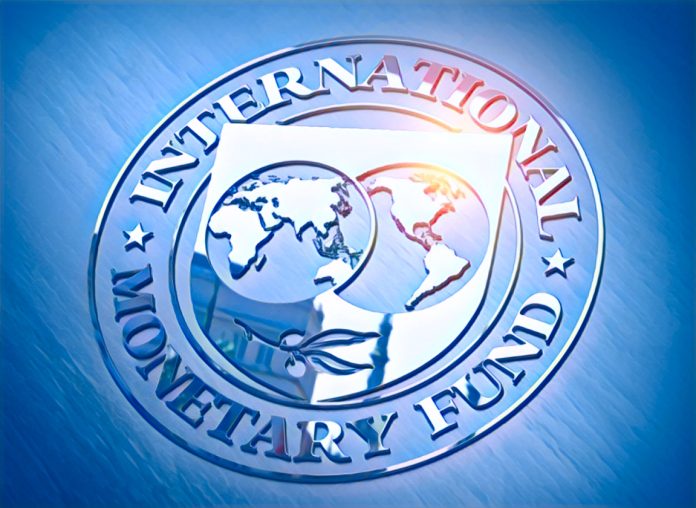Key points
-
IMF blames illicit financial flows in Nigeria for revenue loss.
-
The Fund plans to trace illegal money to plug leakages.
-
Nigeria’s 2025 economic growth forecast rises to 3.9 percent.
The International Monetary Fund (IMF) has raised concerns over the growing scale of illicit financial flows (IFFs) out of Nigeria, warning that the trend is worsening the nation’s already fragile revenue position.
IMF Managing Director, Kristalina Georgieva, made the remarks at the ongoing 2025 Annual Meetings of the IMF and World Bank in Washington, D.C.
She promised a renewed global focus on tracing such illegal outflows to plug fiscal leakages and strengthen domestic revenues.
“For countries like Nigeria, the IMF’s renewed focus on tracing illicit financial flows could offer a roadmap to plug long-standing fiscal leakages,” Georgieva said.
IMF warns illicit flows threaten Nigeria’s stability
Georgieva said illicit financial flows, which include stolen public funds, proceeds of corruption, and untraceable digital transactions continue to undermine governance and drain public resources, particularly in developing economies like Nigeria.
According to her, the digital revolution has made financial crime more complex, with cryptocurrencies such as Bitcoin creating new channels for anonymous transfers.
“You may have stolen public money, or funds redirected for criminal purposes,” she noted.
“Now, with digital money, these activities can be carried out without trace. It’s a serious problem, and we must confront it.”
To combat the trend, the IMF said it had strengthened its Anti-Money Laundering and Combating the Financing of Terrorism (AML/CFT) framework.
The initiative now includes mandatory financial integrity assessments during the IMF’s annual Article IV consultations with member nations.
IMF commits to helping Nigeria trace illicit financial flows
Georgieva said the Fund is embedding anti-corruption lessons into its financial evaluation tools and is working with member countries to trace suspicious transactions.
“We are training country authorities to detect and respond quickly to illicit financial flows,” she said. “Digital tools can help trace funds, but they also create new risks.”
She added that the IMF’s Governance Diagnostics Initiative helps identify institutional weaknesses that enable corruption and illicit transfers.
The program, she said, is designed to support reforms that improve transparency, strengthen oversight, and close financial loopholes.
The IMF boss called for stronger collaboration between governments, civil society, and global partners, noting that “effective governance requires everyone’s input — from public institutions to non-governmental voices that know where vulnerabilities lie.”
IMF upgrades Nigeria’s growth forecast to 3.9 percent
Despite concerns over revenue leakages, the IMF has upgraded Nigeria’s 2025 economic growth forecast to 3.9 percent, up from its earlier 3.4 percent projection in July.
The revision, contained in the IMF’s October 2025 World Economic Outlook report, attributes the improvement to stronger domestic fundamentals, rising investor confidence, and policy reforms.
The IMF also expects Nigeria’s growth to accelerate to 4.2 percent in 2026, supported by higher oil production, better fiscal management, and improved foreign exchange transparency.
However, the global lender warned that inflation remains high, with consumer prices projected to average 23 percent in 2025.
It urged Nigeria to sustain credible fiscal and monetary policies, deepen reforms, and strengthen institutions to ensure inclusive growth.
“Nigeria’s resilience stems from its ongoing reforms, stronger fiscal stance, and improved security in oil-producing areas,” said Denz Igan, IMF Research Department Chief.
He added that Nigeria’s rebased GDP — which now captures digital and informal sectors — provides a clearer picture of the country’s economic potential.



